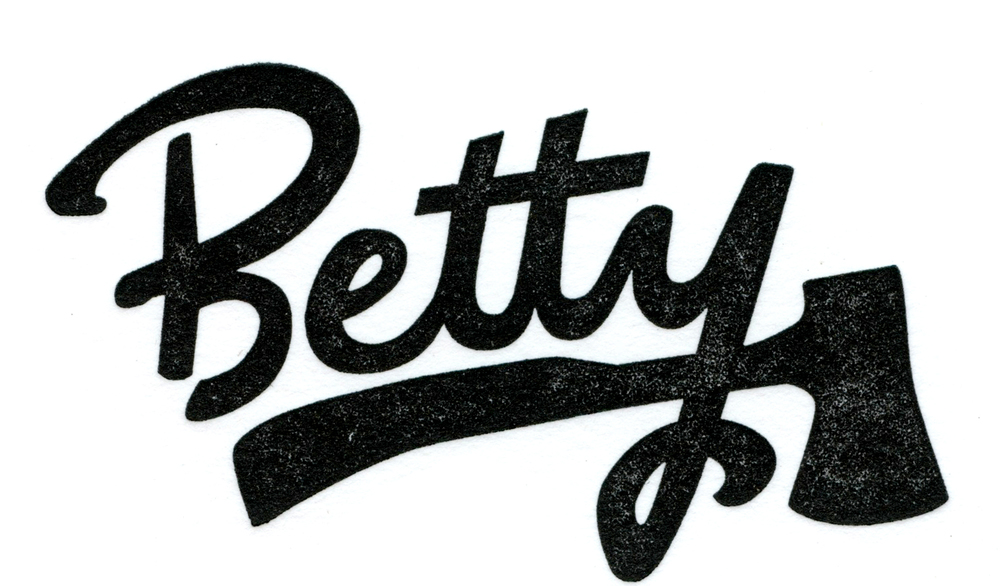 I recently stumbled onto James and Karla Murray's book capturing mom and pop storefronts of New York (i'm slightly embarrassed to admit I found it surfing Amazon, instead of actually at an independent bookstore). On their site, they have a video of the making of Storefront, a project over the course of 10 years, where Karla admits that she was initially drawn to simply the beauty of these signs, the neon, the typography, the worn colors, but as they continued to shoot the stores, they'd get to know the owners, their stories, how they got into the business, it's glory days and now why the stores are closing, with the cultural phenomenon that wraps this point in history together with these lives.
I recently stumbled onto James and Karla Murray's book capturing mom and pop storefronts of New York (i'm slightly embarrassed to admit I found it surfing Amazon, instead of actually at an independent bookstore). On their site, they have a video of the making of Storefront, a project over the course of 10 years, where Karla admits that she was initially drawn to simply the beauty of these signs, the neon, the typography, the worn colors, but as they continued to shoot the stores, they'd get to know the owners, their stories, how they got into the business, it's glory days and now why the stores are closing, with the cultural phenomenon that wraps this point in history together with these lives.
Their progression of discovery reminds me of my friend Laura who memorizes poetry that she finds beautiful, but that she doesn't fully understand, so that as she takes it in, she can grasp it's meaning and relevance over time, internally. It's amazing what you can discover through dedicated looking and listening over time.
Sadly, more than half the shops captured in Storefront's pages have closed. I'm grateful that the Murray's took the time to make these photos and can't wait to study them all with the book in my hands.

